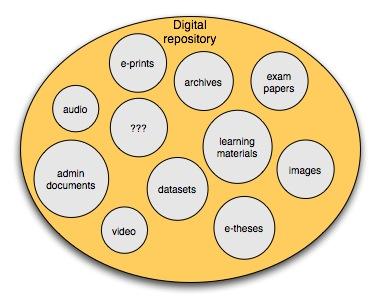Issues About Digital Rights Management
Digital rights management (DRM) is a technology that controls usage of information, such as expiry, the right to print, etc. The technology is useful for companies that wants to block the forwarding of sensitive e-mail, for e-book security to restrict access to copying and printing of materials, and in a movie studio to limit the number of copies one can make, among other uses.
The most common form of DRM is digital rights management software although some manufacturers actually implement DRM as part software and hardware (a microchip inside a machine or a dongle). DRM has facilitated corporates, governments and other organizations to protect their confidential information from unauthorized use and to control what authorized users can do with it. DRM software often provides numerous controls such as expiration, revocation, and watermarking, thus allowing organizations to overcome the risks of compromising their electronic communication and digital distribution.
Many consumers feel that digital rights management software is too restrictive, mostly when used by the movie and music industries. However, digital rights management only tries to solve a legitimate problem which is costing these industries millions of dollars. When someone downloads an MP3 file of a copyrighted song from a free file-sharing network instead of buying the respective CD, the music label that owns this copyright and the artist who created the song lose money. The movie industry has estimated revenue losses due to illegal distribution of DVD content at about $5 billion every year.
Distribution of digital content over the Internet through file-sharing networks makes the traditional copyright law obsolete in practice and the Internet makes it impractical to sue everyone breaking the law. This has therefore led to companies trying to regain control of distribution through the use of digital rights management software thus making it technologically difficult for consumers to make digital copies.
However, the problem is that when one buys a DVD or CD it is legal to make a copy of it for one's own use. This is the idea of the fair use principal in copyright law, thus negating copyright protection in favor of the content user. This also includes copying protected material for personal use and also anything in the public domain. Most digital rights management schemes however cannot take the fair use concept into account as the digital rights management software cannot make a subjective decision. Publishers therefore need to be flexible in the controls they impose.
It is important to note that digital rights management relies on other technologies to enforce controls. These include encryption and licensing technology that prevent unprotected content from being accessed and lock protected content to specific licensed machines.
Visit our site:- http://www.futureofdigitalcontent.com


